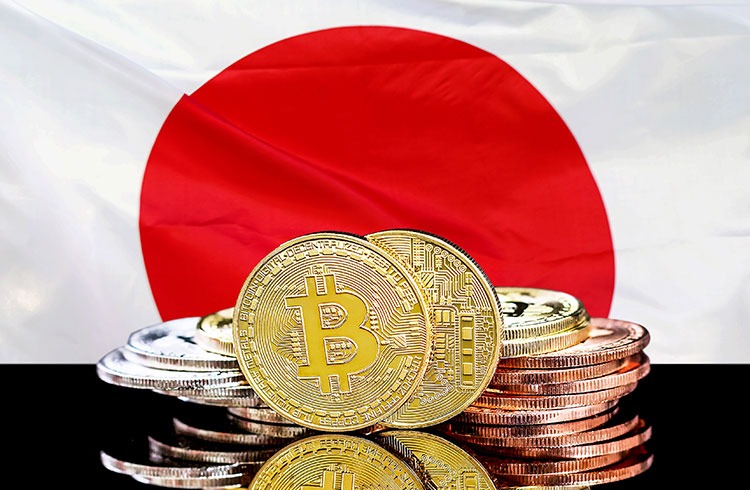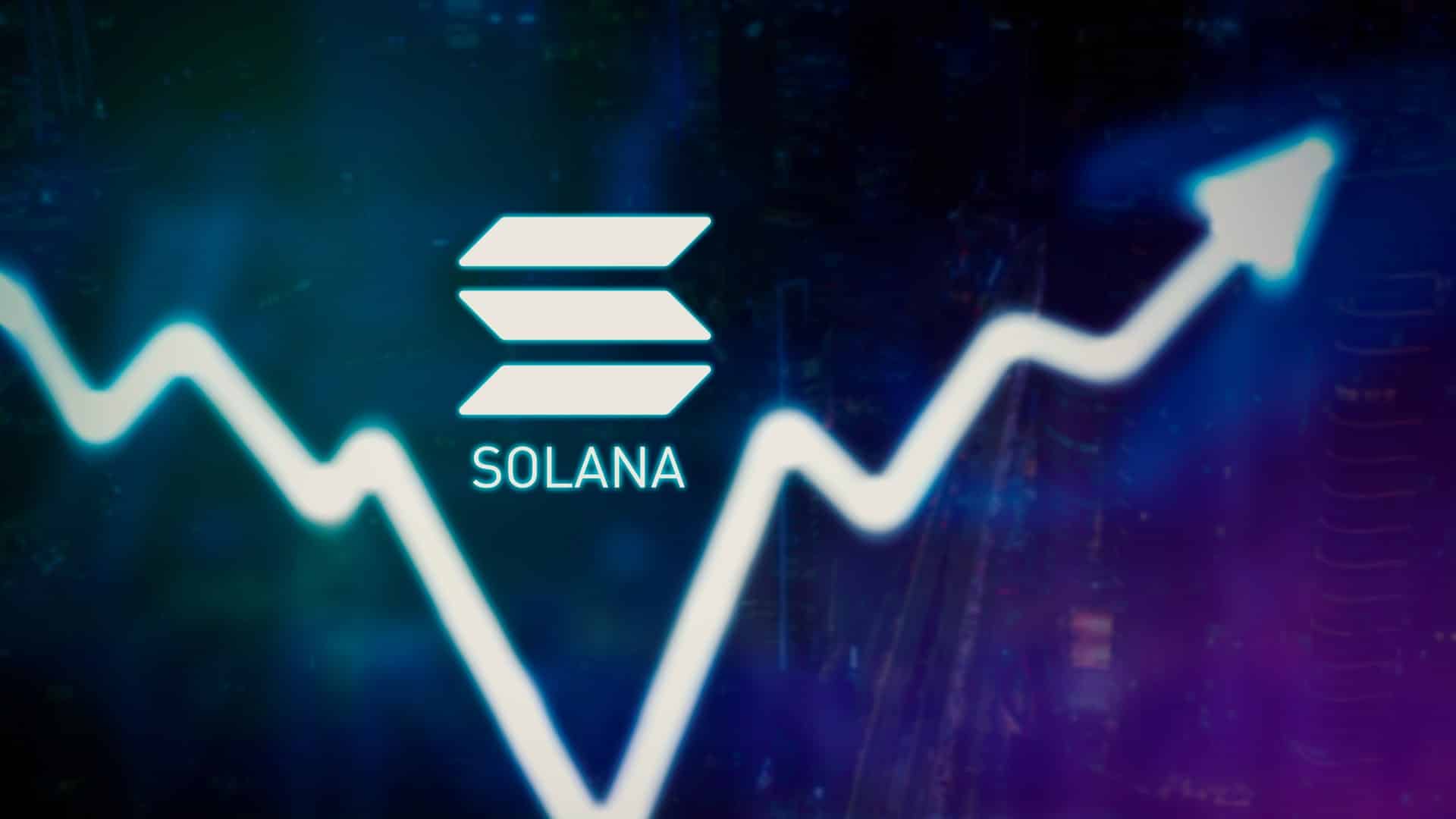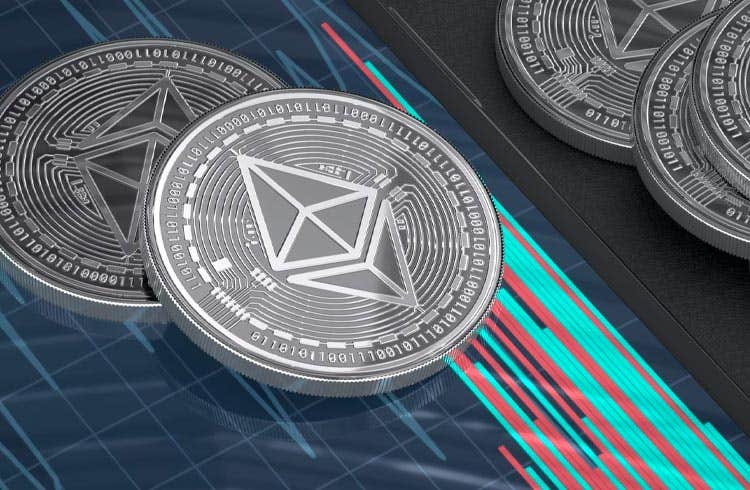Shortly after the anniversary of the attack on Ukraine, the European Union has meanwhile passed it 10. Sanctions package against Russia. As a result of the punitive measures, Binance is now severing the last remnants of business in the Russian market. The reported Forbes Russia and cites statements from a company spokesman.
Accordingly, the world’s largest crypto exchange by trading volume prohibits Russian customers from buying and selling US dollars and euros via its peer-to-peer (P2P) service. In return, EU citizens will not be allowed to conduct P2P transactions in rubles through the trading platform. In principle, the service enables users to transfer values directly without Binance having to act as an intermediary.
The measures will primarily affect arbitrage traders and users who use the P2P platform as an alternative to SWIFT transfers, Alexey Zyuzin told Forbes. All other users are likely to be less affected by the sanctions, according to the founder of the consulting firm Crypto Holding. Binance last restricted Russian users in April last year.
Are the sanctions against Russia working?
Shortly after the war began, the EU launched a veritable sanctions bombardment against Russia. Gas and oil imports have been cut, Russian banks excluded from the international system of communication for financial transactions (SWIFT) and oligarch assets have been frozen. This should bring the country’s economy to its knees.
However, the measures appear to have failed to achieve this goal. After a drop in economic output last year, the International Monetary Fund forecast in one Outlook for 2023 growth of 0.2 percent.
The Kremlin is using detours to circumvent the oil and gas embargo, banks use CIPS, the Chinese equivalent of SWIFT, for their transactions, and the complex financial constructs of many Russian oligarchs make it difficult for authorities to allocate assets.
Kremlin plans its own crypto exchange
Added to this is the use of blockchain technology, which Russia is having researched for the purpose of circumventing sanctions. With the “CELLS” pilot project, the Kremlin is building a DLT-based alternative to SWIFT and is driving the development of its own digital central bank currency at the same time.
And the Kremlin also gives a clear answer to the sanctions from the crypto sector. The State Duma reacted to the restrictions imposed on numerous exchanges and brokers in November last year with plans for a national crypto exchange. However, it remains unclear when implementation will begin.
- CryptoQuant Analyst: Bitcoin Nowhere Near Its Peak – Buckle Up, Hodlers! - December 21, 2024
- Chainalysis: $2.2 Billion Lost to Crypto Hacks in 2024 - December 21, 2024
- Bank of Japan leaves interest rate unchanged: Impact on the macroeconomy and the crypto market - December 20, 2024























